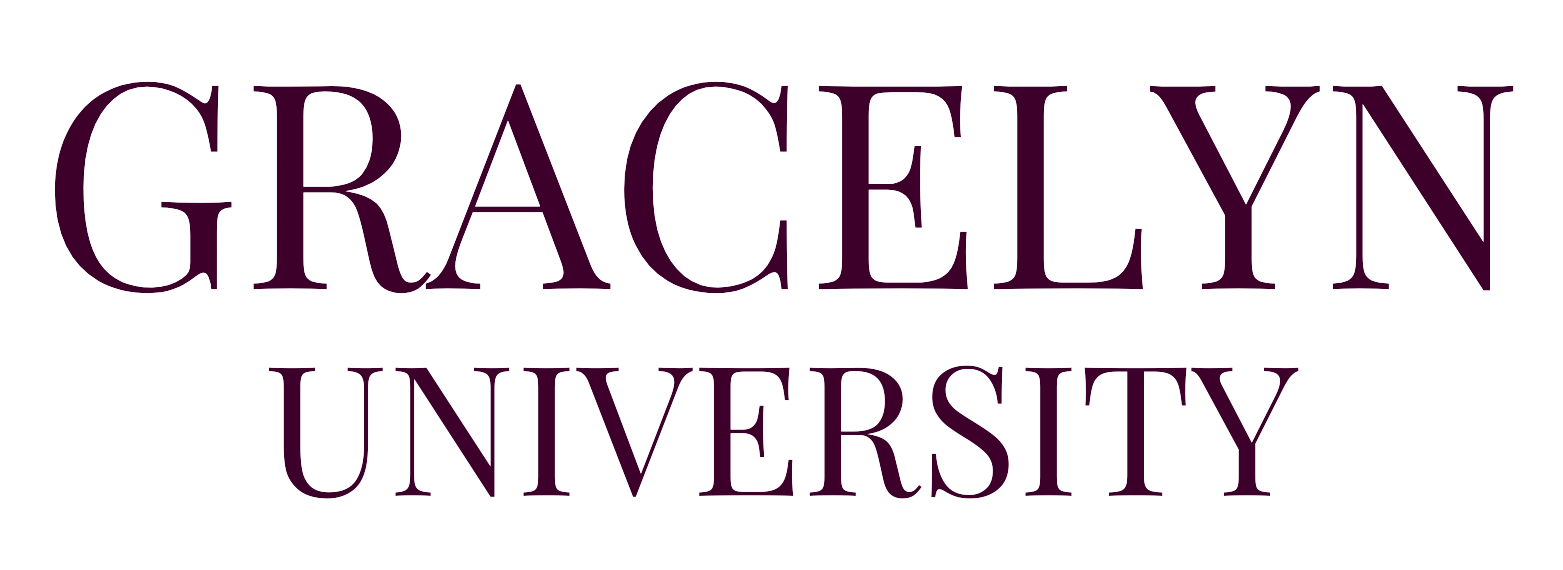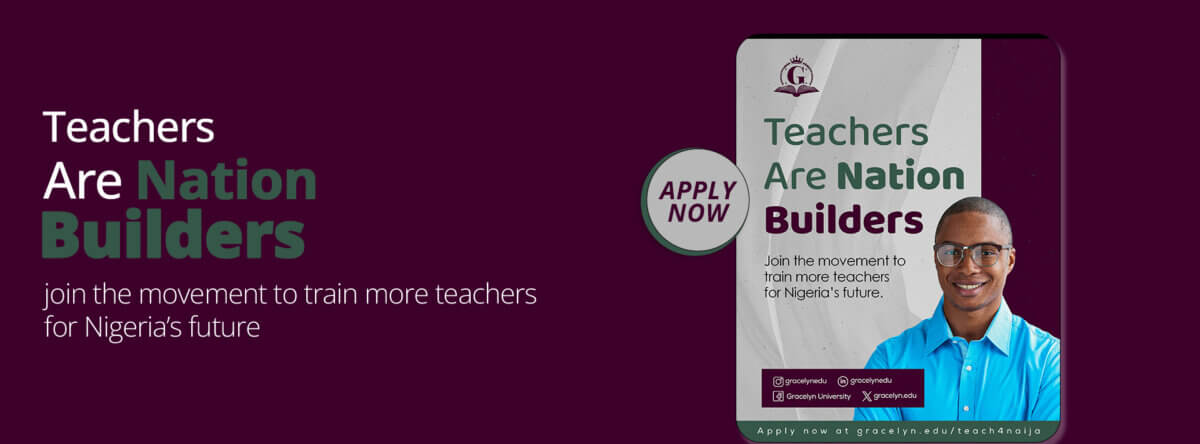Teach4naija
How Online Education Is Shaping the Future of Learning and the Workforce in Nigeria
In 2025, education is no longer confined by four walls or a chalkboard. From Lagos to London, digital classrooms are reshaping how the world learns, and Nigeria is increasingly part of this transformation. As internet access expands and technology becomes more affordable, the shift toward online learning isn’t just a trend—it’s a global movement.
At Gracelyn University, we understand the power of digital education to unlock opportunities. Our fully online degree programs are designed for Nigerian educators and professionals who want flexible study options, globally relevant credentials, and the ability to make a meaningful impact locally. Whether you’re in Ibadan or Jalingo, you deserve access to world-class education—and online learning makes that possible.
From Crisis to Catalyst: The Acceleration of Online Learning
The COVID-19 pandemic disrupted traditional education systems worldwide, but it also sparked one of the largest educational shifts in history toward digital learning. In Nigeria, schools rapidly adopted online tools, and while the transition wasn’t seamless, it opened the door to lasting change.
A World Bank report highlights how e-learning expanded access to students in rural and underserved communities while significantly reducing costs for learners and institutions. At Gracelyn, we recognized this shift as an opportunity to build a digital-first learning environment from the ground up, creating flexible, mobile-friendly courses accessible anytime, anywhere. We’re not merely adapting to the future—we’re preparing educators to lead it.
Online Learning: Global Reach, Local Impact
Online learning removes traditional barriers such as distance, cost, and scheduling, which is especially significant in countries like Nigeria, where many teachers and students live far from universities.
Platforms like Coursera and edX have brought world-class courses to anyone with internet access. Locally, the National Open University of Nigeria (NOUN) has embraced distance learning, serving hundreds of thousands of students nationwide.
Gracelyn takes this further. Our programs specifically address Nigerian curriculum requirements, cultural relevance, and national educational goals while aligning with international standards. For instance, teachers studying with us don’t merely learn theory; they acquire practical skills immediately applicable in their classrooms.
Blessing from Benue, a PGDE student, exemplifies this. Studying online allowed her to stay connected with students during the day and study at night. She became the first in her school to introduce blended learning using WhatsApp and Google Classroom.
Closing the Digital Divide in Nigerian Education
Digital inequality still affects millions—around 44% of Nigerians had internet access as of 2024. However, initiatives like Generation Unlimited Nigeria and the Nigeria Learning Passport (supported by UNICEF and the Federal Ministry of Education) are rapidly expanding digital infrastructure.
Gracelyn University complements these efforts by offering mobile-optimized online programs requiring minimal data, ensuring accessibility for more Nigerians. We believe digital access shouldn’t be a privilege—it should be a right.
The Role of Teachers in the Digital Age
In digital classrooms, teachers transition from being information providers to facilitators and coaches. Online educators today must excel in:
- Navigating online platforms
- Creating engaging multimedia lessons
- Providing remote feedback
- Building online learning communities
Gracelyn’s curriculum reflects these needs. Every education program we offer includes modules on digital pedagogy, e-learning tools, and inclusive virtual teaching strategies. For example, our Bachelor of Education students practice lesson design using Zoom, Google Forms, and interactive video tools, graduating not just digitally literate, but digitally fluent.
Online Learning Builds Global Competence
Learning online also exposes educators to global perspectives. Gracelyn’s diverse classrooms and international guest lecturers equip Nigerian educators to compete globally, whether they choose to stay locally or pursue teaching roles abroad.
Emmanuel, a Gracelyn graduate now teaching in the UAE, credits his online coursework for the digital portfolio that impressed international recruiters. “I could work and study,” Emmanuel shares. “I felt like I was part of something bigger. Gracelyn gave me a Nigerian education with global relevance.”
Challenges Remain, But So Do Solutions
Online education still faces hurdles, including power supply issues, low digital literacy, and resistance to change. Yet, innovative solutions abound. Ed-tech startups provide solar-powered devices, NGOs deliver digital training in rural areas, and institutions like Gracelyn continue to humanize and streamline online education.
The Classroom of Tomorrow Is Already Here
Online learning doesn’t replace great teaching—it amplifies it. It enhances access, deepens engagement, and empowers educators and students to succeed in a fast-changing world.
For Nigerian educators, embracing digital education is essential, not optional. The good news? You’re not alone.
Gracelyn University is here to guide you. Whether you’re starting your teaching journey or upgrading your skills, our online programs prepare you to excel in Nigeria and beyond.
Ready to make an impact in the digital classroom?
Apply – Enroll easily online.
Learn Online – Access world-class digital training.
Teach – Transform classrooms locally or globally.


